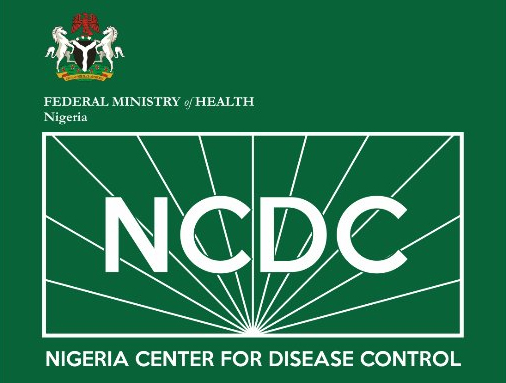The Nigeria Centre for Disease Control (NCDC), says it is increasing the number of laboratories to enhance capacity for response to the outbreak of infectious disease.
It’s Director-General, Dr Chikwe Ihekweazu, disclosed this in an interview with News Agency of Nigeria (NAN), on Tuesday in Abuja.
Ihekweazu said that laboratory information was critical for infectious disease surveillance and its control.
“Before an outbreak, laboratory-supported surveillance allows early detection of cases. During an outbreak, a sample of cases will be taken to the laboratory for tests to assess changes in the etiological agent and to guide decisions about the allocation of resources,” he explained.
The NCDC boss said that laboratory information must be accurate, timely and subjected to quality assurance procedures for response to outbreaks.
He said that the centre had continued to work closely with stakeholders toward improving knowledge on infectious diseases through research activities and epidemiological studies.
“One of these efforts is the collaboration with the UK Public Health Rapid Support Team (UK-PHRST), to identify other pathogens that may be causing illnesses similar to Lassa fever,” he said.
The NCDC boss shared the vision and priorities of the centre, especially in strengthening the Nigeria Field Epidemiology and Laboratory Training Programme (NFELTP) which, he said, was fully integrated within the NCDC.
According to him, NFELTP has remained an avenue for building the capacity of public health professionals and leaders in the field of epidemiology.
“Sharing their work and experience with the global health community will play a critical role in preventing, detecting and responding to epidemics and infectious disease outbreaks,” he explained.
Ihekweazu stated that the centre, supported by the Robert Koch Institute, was setting up a sentinel surveillance system for Hepatitis E in Nigeria.
He, however, said that the National Reference Laboratory would serve as the central laboratory for Hepatitis E and Rotavirus diagnosis, working with sentinel laboratory in five Nigerian states.
“This means that we will identify sites that will collect samples from patients who present clinical symptoms similar to Hepatitis E, and send to the NCDC National Reference Laboratory for testing and confirmation,” he explained.
He said that another milestone by the centre with the support from Johns Hopkins School of Public Health was the hosting of a “MiniON” sequencing regional workshop at the NCDC National Reference Laboratory.
The NCDC boss noted that the goal of the workshop was to improve the centre’s understanding of pandemic Vibrio Cholerae in selected West African countries.
According to him, the workshop drew colleagues from Cameroon and the Republic of Niger.
The NCDC boss said that the disease control centre was working with the Dentistry Division of the Federal Ministry of Health and other partners to improve awareness and strengthen the surveillance of “Noma” in Nigeria.
“This week, our team is training surveillance officers in Kebbi state.
“We have held a meeting with local government disease surveillance and notification officers to strengthen surveillance of Noma-affected Local Governments Area in Kebbi, using the Integrated Disease Surveillance and Response framework,” he said. (NAN)

